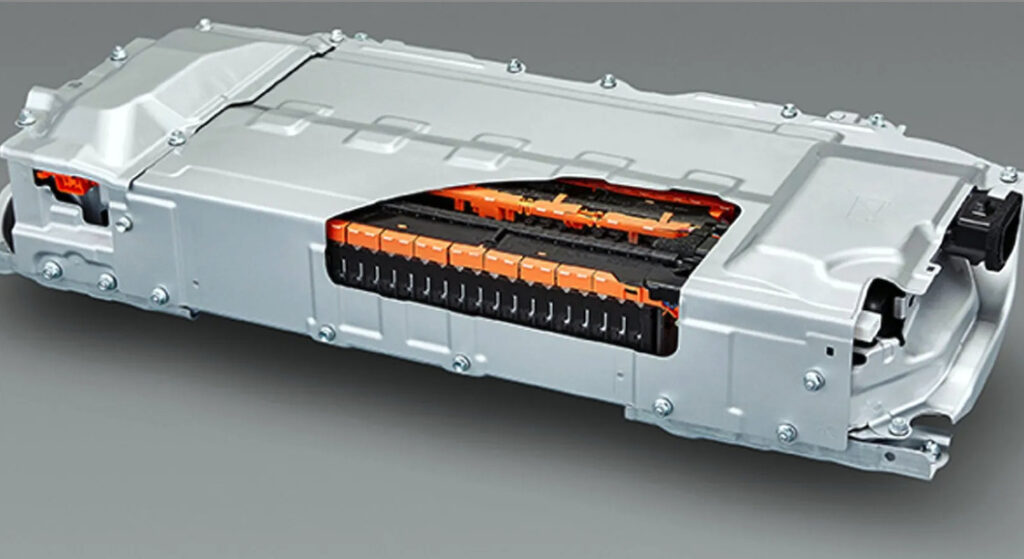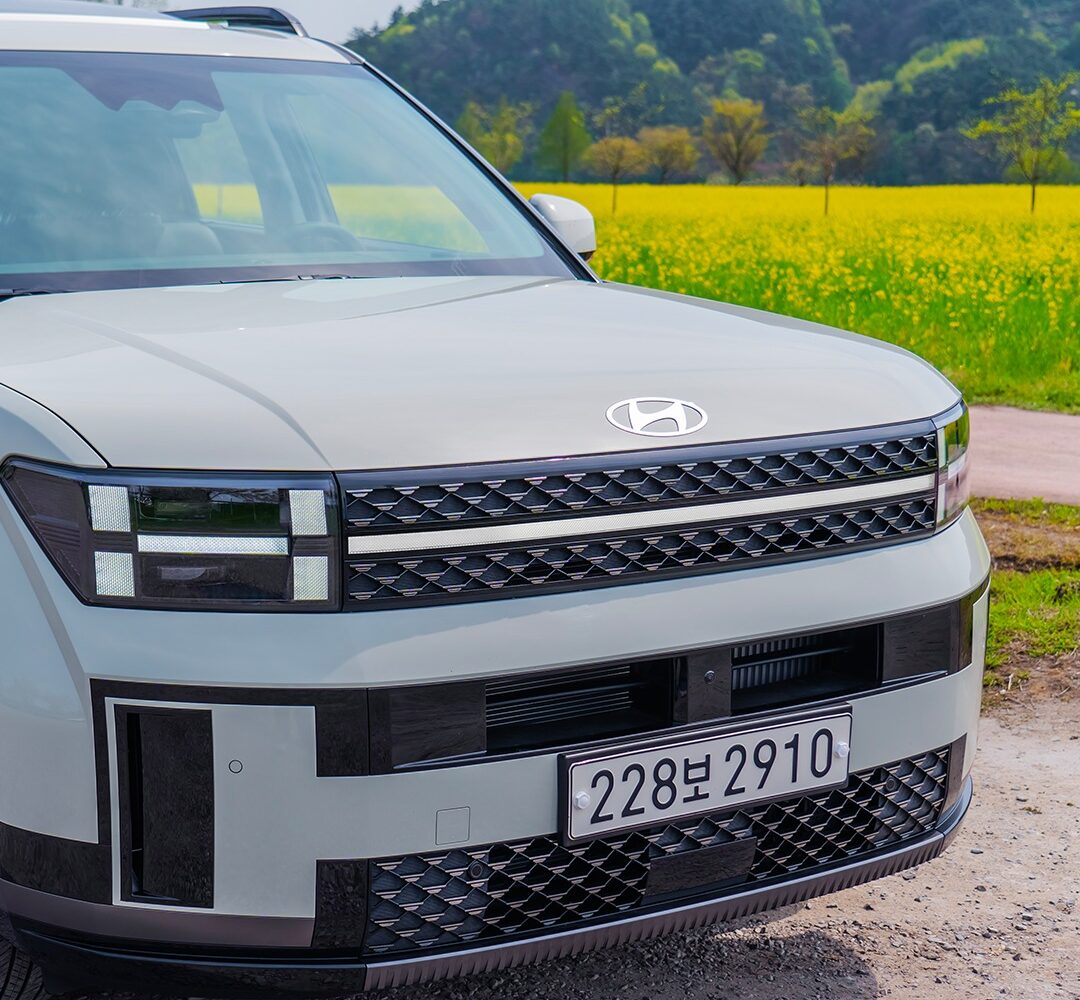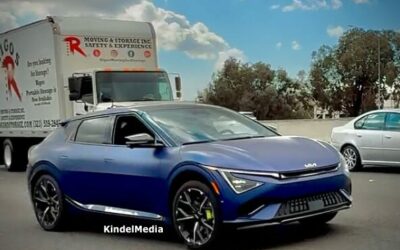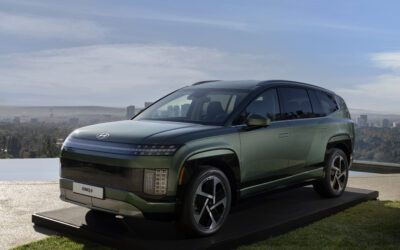Hyundai Motor is preparing to enter a new phase in the electric vehicle (EV) market with the introduction of its first Extended Range Electric Vehicle (EREV), slated for release in 2026. According to CarGuy report, the initial models to feature this innovative powertrain will be the Hyundai Santa Fe and the Genesis GV70, with plans to expand the technology to future electric pickup trucks by 2028.
A New Approach to Electric Vehicles
For some time now, Hyundai Motor has been navigating the complexities of the electric vehicle market through the development and release of hybrid vehicles. However, relying solely on hybrid technology in a market where the future of EVs remains uncertain posed significant challenges. The introduction of EREV technology is set to be a game-changer for Hyundai Motor, offering a new avenue to meet consumer demands and stay competitive in the ever-evolving automotive industry.
Understanding EREV: How It Differs from Traditional Hybrids
EREVs share a similar configuration with the hybrid cars currently available on the market, featuring an internal combustion engine (ICE), an electric motor, and a battery pack. However, the key difference lies in the role each component plays in the vehicle’s operation.
In traditional hybrid vehicles, the electric motor and battery pack serve as auxiliary systems, with the ICE primarily responsible for generating the driving force. In contrast, EREVs shift the balance of power significantly. The internal combustion engine’s role is reduced to that of a generator, recharging the battery pack, while the electric motor becomes the primary source of propulsion.
This shift in function means that while driving an EREV, the ICE can activate to recharge the battery pack, eliminating the need for frequent stops at charging stations. This capability allows EREVs to achieve driving ranges exceeding 1000 kilometers—more than double that of many current electric vehicles. Additionally, because EREVs require smaller battery packs compared to fully electric vehicles, the overall cost of these vehicles can be reduced, making them more accessible to a broader range of consumers.

The Future of Hyundai Motor’s EREV Technology
Hyundai Motor’s decision to integrate EREV technology into its vehicle lineup represents a significant step forward in its commitment to sustainability and innovation. With the Hyundai Santa Fe and Genesis GV70 leading the charge, and plans to extend EREV technology to electric pickup trucks by 2028, the company is positioning itself as a leader in the next generation of electric vehicles.
As the automotive industry continues to evolve, Hyundai Motor’s EREV technology offers a promising solution to the challenges of electric mobility. By combining the benefits of electric propulsion with the convenience of an internal combustion engine, EREVs are poised to offer consumers the best of both worlds: the long-range capability of traditional vehicles and the environmental benefits of electric cars.
Conclusion
The post-2026 release of Hyundai’s first EREV models marks a significant milestone in the company’s journey towards sustainable mobility. With the Hyundai Santa Fe and Genesis GV70 leading the way, and future plans for electric pickup trucks, Hyundai Motor is not only responding to the current demands of the EV market but also paving the way for the next generation of automotive technology.






